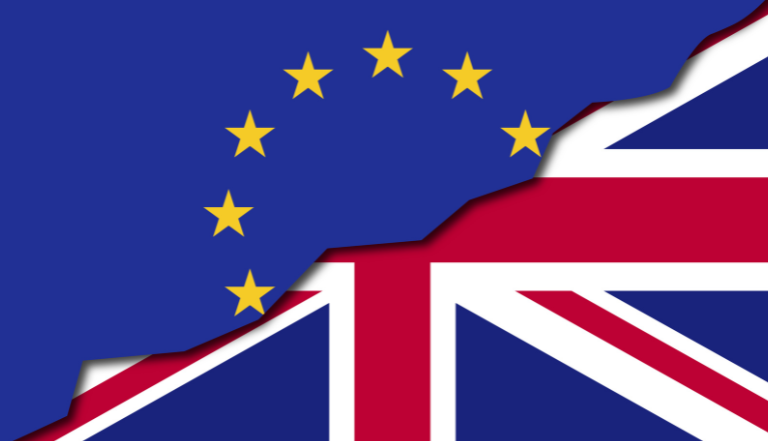A patentee can bring an action for infringement only once the patent has been granted. The claim need not be restricted to acts committed after grant. It can extend to acts which were committed before the grant but after the date of publication of the patent application. But UK law is clear that no action for infringement can actually be initiated until the patent has been granted. In any infringement action, the patentee would normally seek an injunction as well as damages or other financial relief, all of which are provided for in the legislation.
A question arose in the recent case of Novartis v Teva and others [1] as to whether a patentee can get an interim injunction before grant of the patent, even though he cannot start an infringement action as such. It is notable that no-one has tried to do this in all the years since the legislation made pre-grant infringements actionable – this was by s.69(2) of the Patents Act 1977; and a similar provision had existed under the previous legislation.
The answer involved looking at the extent of the court’s power to grant injunctions. UK courts have for many years had a wide jurisdiction to grant injunctions. This was formerly under the court’s inherent jurisdiction, but it is now codified in the Senior Courts Act 1981. The court can grant an injunction in cases where it appears to be “just and convenient to do so”.
The judge in the Novartis case had to decide whether the provision in the Patents Act prohibiting infringement actions being started until after grant of patent operated as a restriction on the pre-existing broad and flexible jurisdiction to grant interim injunctions.
The answer was no – an interim injunction can be made in suitable instances. That ruling drew on a recent landmark judgment of the Judicial Committee of the Privy Council in a case called Convoy [2]. That case made it clear that the court’s power to grant injunctions was unlimited, subject only to any specific statutory restrictions. It also stated that an injunction could be granted even in the absence of an accrued cause of action.
In the present case there was no actual cause of action available until after grant, but that fact alone would not nullify the availability of an interim injunction. This patent application had initially been disallowed by the EPO, but was then allowed to go to grant by the Technical Board of Appeal. Thus, the patent was certain to be granted after completion of formalities, and its scope was a known quantity – even though there would then no doubt be an opposition in the EPO and/or a counterclaim for revocation in the UK. Having decided that an interim injunction was feasible in principle, the court then turned to the facts of the case. The defendants wanted to enter the UK market with generic versions of the patentee’s drug, a treatment for MS which was supplied to the NHS. Novartis said that allowing generics into the NHS market would fuel a downward price spiral but the judge rejected this. The downward price spiral argument had been rejected in the recent Neurim Court of Appeal case [3], where it was observed that this was an intensely fact-sensitive question. The same applied here, where the purchasing arrangements within the NHS made it unlikely that the calculation of loss to Novartis would be a difficult exercise. It was held that damages would be an adequate remedy if Novartis ultimately prevailed in the action.
The generic defendants also raised a “floodgates” argument – that giving a pre-grant interim injunction in this case would open the door to a flood of others. This did not impress the court. This was a rare case where the patent in issue was not just about to be granted; it had been approved in advance by the TBA.
Thus, although the court did have jurisdiction to grant an interim injunction before the patent itself was granted, Novartis’ application for interim relief was refused, as damages would provide an adequate remedy.
[1] Novartis v Teva and others [2022] EWHC 969 (Ch) – Roth J, 26 April 2022
[2] Convoy Collateral v Broad Idea International [2021] UKPC 24. The Judicial Committee of the Privy Council is essentially equivalent to the UK Supreme Court. The Convoy case concerned the world of international finance, and had nothing to do with patents, but it rationalised the law of injunctions generally and will be binding on the courts of the UK.
[3] Neurim Pharmaceutical v Generics [2020] EWCA Civ 793



